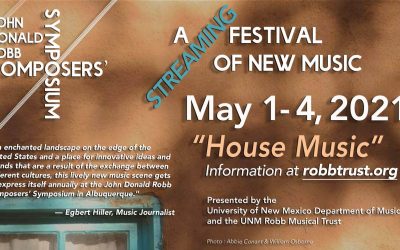Musicology Colloquium
Thursday March 12, 2020
2:00-3:30pm
CFA 2100
This talk explores the relationship between trauma and identity by examining Arab music performance on the U.S.–Mexico border. Drawing on the musicking of Syrian and Mexican migrant communities, I interrogate theories of cultural and psychological trauma and borderland epistemologies to explore how border tensions influence the often-fraught views of identity.
Dr. Andrea Shaheen Espinosa is Associate Professor of Ethnomusicology and Oboe at the University of Texas, El Paso, and currently serves as the Musicology Area Coordinator for the Department of Music. She is the founder and director of the UTEP’s internationally recognized Middle Eastern music ensemble, Layali Al-Sham. She is a Fulbright Fellow, a FLAS recipient, and a Medici Scholar, and is currently serving as the UTEP College of Liberal Arts Dean’s Faculty Fellow. Her research focuses on music, migration, and trauma, and her recent publications include articles in The Double Reed, Cahiers d’ethnomusicologie, and Yearbook for Traditional Music.
THE JOHN DONALD ROBB COMPOSERS’ SYMPOSIUM 2021 “HOUSE MUSIC”
THE JOHN DONALD ROBB COMPOSERS’ SYMPOSIUM 2021 “HOUSE MUSIC”STREAMING FESTIVAL OF NEW MUSIC May 1 – May 45 – 8:30 PM Since 1972, the internationally renowned symposium has brought composers and musicians from around the world to UNM for a series of public concerts and...
Dr. Karl Hinterbichler receives the Ken Hanlon Award from International Trombone Association
Dr. Karl Hinterbichler receives the Ken Hanlon Award from International Trombone Association The Kenneth Hanlon Award recognizes an individual that contributes greatly to the InternationalTrombone Association (ITA) and the trombone world with a spirit of generosity...
Dr. Kristina Jacobsen wins award for an article
Dr. Kristina Jacobsen wins award for an article The article ‘Don’t Even Talk to Me if You’re Kinya’áanii [Towering House]’: Adopted Clans, Kinship, and ‘Blood’ in Navajo Country” was awarded “the most thought-provoking article in Native American and Indigenous Studies...



